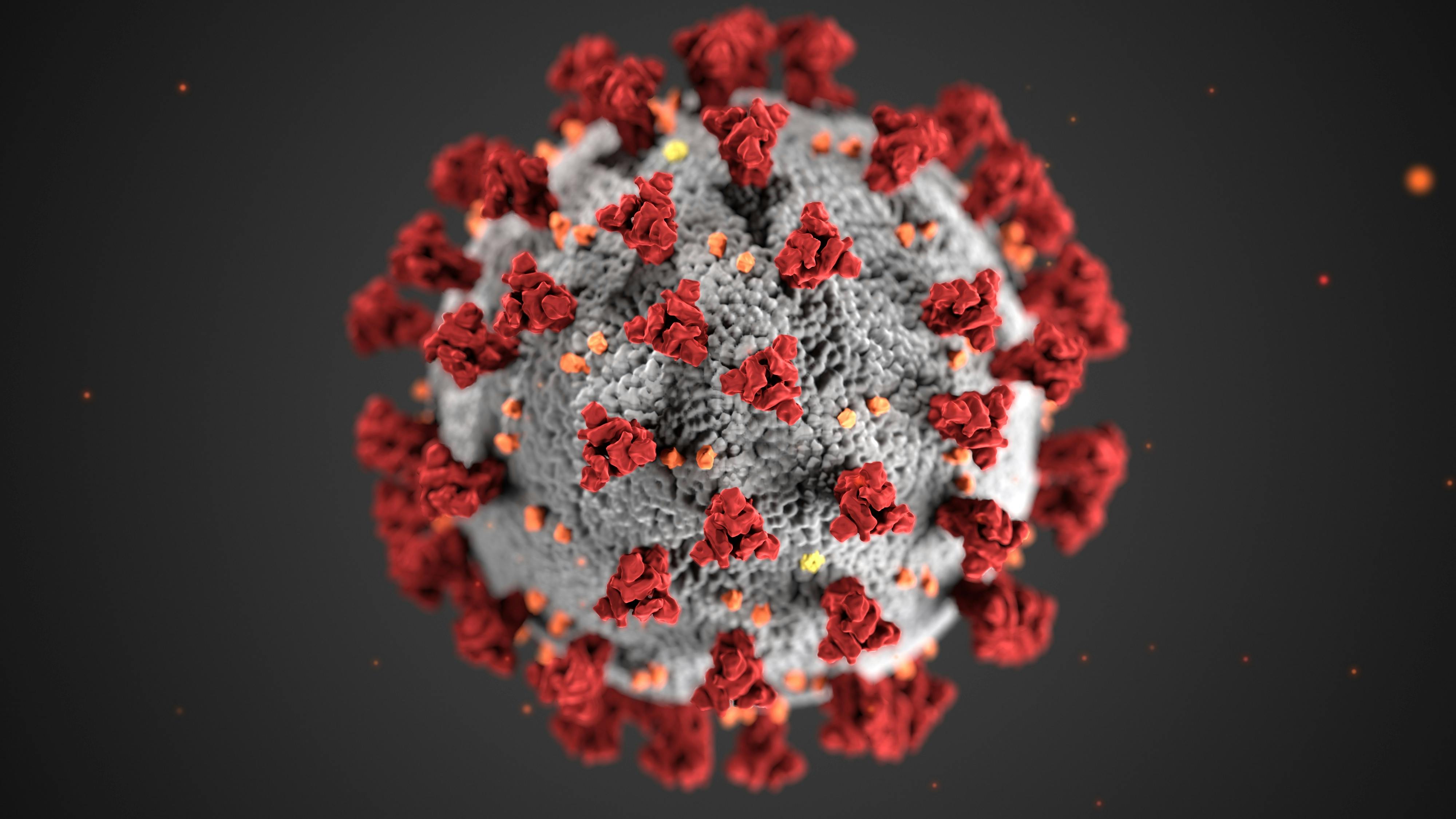News release
From:
JAMA
About The Study: Follow-up of youth with pre-symptomatic type 1 diabetes demonstrated that the COVID-19 pandemic was associated with an accelerated progression to clinical disease and that this acceleration was confined to those with COVID-19. Further studies are required to determine whether COVID-19 also accelerates progression to type 1 diabetes in adults and whether vaccination and monitoring for COVID-19 symptoms should be considered for individuals with pre-symptomatic type 1 diabetes.
Organisation/s:
German Center for Environmental Health, Germany
Funder:
This work was supported by grants KKZ01KX1818 from the
Federal Ministry of Education and Research (BMBF), G-2017PG-T1D023 from
the Leona M. and Harry B. Helmsley Charitable Trust, NNF22SA0081044 from
the Novo Nordisk Foundation (the 2022 EASD-Novo Nordisk Foundation
Diabetes Prize for Excellence); and a grant from the Deutscher Diabetiker Bund.
The Fr1da study was also supported by grants 1-SRA-2014–310-M-R,
3-SRA-2015–72-M-R, 3-SRA-2019–718-Q-R from JDRF International, HMGU
2014.01 and HMGU 2016.01 from LifeScience Stiftung, G-1911–3274 from the
Leona M. and Harry B. Helmsley Charitable Trust, and from the German Center
for Diabetes Research.



 International
International



